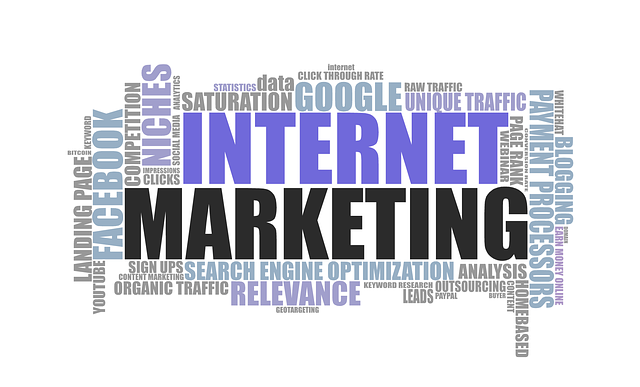Artificial Intelligence (AI) through advanced computer vision is revolutionizing commercial real estate (CRE) assessment, offering unprecedented insights and efficiency gains. AI's machine learning algorithms analyze vast visual data from satellite imagery, aerial photography, and interior photos to generate detailed property valuations, market trends, and predictive analytics. This automates repetitive tasks, allowing human agents to focus on strategic activities. AI scalability modeling ensures current and accurate analyses by continuously learning from new data points, enhancing decision-making in dynamic real estate markets. For brokerages, this technology becomes a powerful tool for efficient, objective, and comprehensive assessments, ultimately improving client satisfaction and profitability.
“Unleash the power of AI in commercial real estate (CRE) with cutting-edge computer vision technology. This article explores how artificial intelligence is revolutionizing property analysis, offering unprecedented insights into market trends and asset valuation. We delve into the benefits of AI-driven image analysis for accurate CRE assessments, enhancing decision-making for brokerages and investors. Furthermore, we discuss the scalability of AI models, their potential to transform brokerage operations, and their broader impact on the industry’s future, ensuring competitive advantage in today’s digital landscape.”
- Understanding AI's Role in Commercial Real Estate Analysis
- The Benefits of Computer Vision Technology for Property Assessment
- Scaling Up: AI Implementation for Brokerages and Beyond
Understanding AI's Role in Commercial Real Estate Analysis

Artificial Intelligence (AI) is transforming the commercial real estate industry by offering unprecedented insights and efficiency gains through computer vision property analysis. By leveraging machine learning algorithms, AI can process vast amounts of visual data from satellite imagery, aerial photography, and even interior property photos to generate detailed property assessments, market trends, and predictive analytics. This capability empowers brokerages to scale their operations, providing a competitive edge in an increasingly data-driven market.
AI scalability modeling for brokerages allows them to automate repetitive tasks, such as property valuation and market research, enabling human agents to focus on more strategic activities like client relationships and negotiation. Moreover, AI’s ability to continuously learn and adapt from new data points ensures that its analyses remain current and accurate, enhancing the overall decision-making process in dynamic real estate markets.
The Benefits of Computer Vision Technology for Property Assessment

Computer vision technology is transforming the way commercial real estate (CRE) is assessed and valued, offering numerous advantages for brokerages and investors alike. By leveraging AI scalability modeling, computer vision can analyze vast amounts of property data, including visual insights from satellite imagery, drone footage, and even indoor photography. This enables detailed property analysis, allowing professionals to identify subtle features that might impact a building’s value.
For instance, computer vision algorithms can detect minor structural issues, assess the condition of fixtures and fittings, and evaluate external factors like land use changes or nearby development projects. This technology provides an efficient, objective, and comprehensive assessment method, reducing manual effort and potential human errors. As a result, property brokers can deliver more accurate valuations, helping clients make informed decisions in today’s fast-paced CRE market.
Scaling Up: AI Implementation for Brokerages and Beyond

As artificial intelligence (AI) continues to evolve, its potential in commercial real estate (CRE) is becoming increasingly apparent. One area where AI can significantly impact brokerages and CRE firms is through scalable modeling. By leveraging machine learning algorithms, these models can analyze vast amounts of data, from property listings to market trends, to provide accurate predictions and insights. This not only aids in property valuation but also helps brokers identify emerging patterns and opportunities that might otherwise go unnoticed.
The scalability of AI solutions is a game-changer for brokerages, enabling them to process and interpret data at a much faster pace. This allows for more informed decision-making, improved client satisfaction, and ultimately, increased profitability. As the technology advances, expect to see AI integration become a standard practice in CRE, transforming how properties are analyzed, marketed, and sold, both efficiently and effectively.
AI is transforming commercial real estate (CRE) analysis, offering unprecedented efficiency and insights through computer vision technology. By leveraging AI scalability models, brokerages can streamline property assessment processes, gain deeper market understanding, and make more informed decisions. This innovative approach promises to revolutionize the industry, making it easier to navigate the complex landscape of CRE investments. As AI continues to evolve, its impact on brokerages and beyond will be profound, shaping a future where data-driven insights drive successful property analysis.
